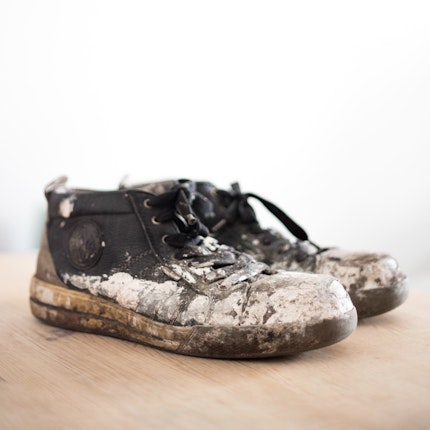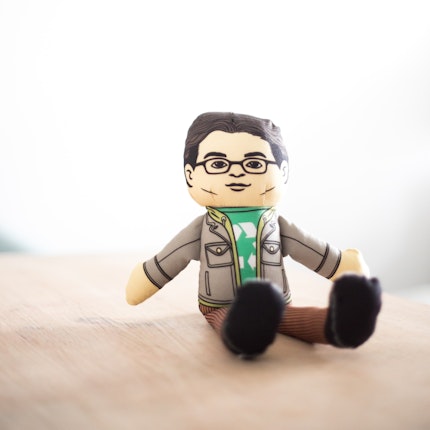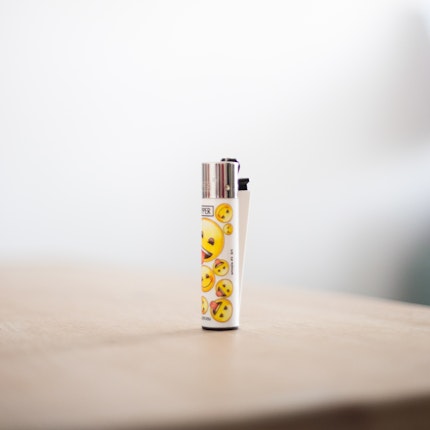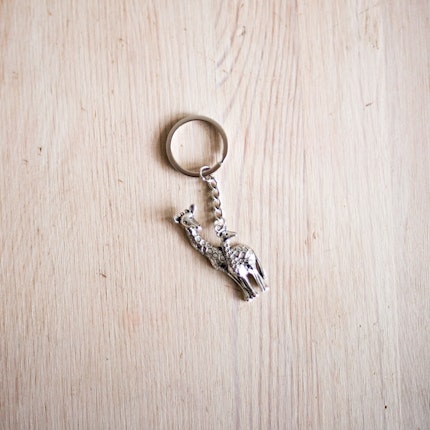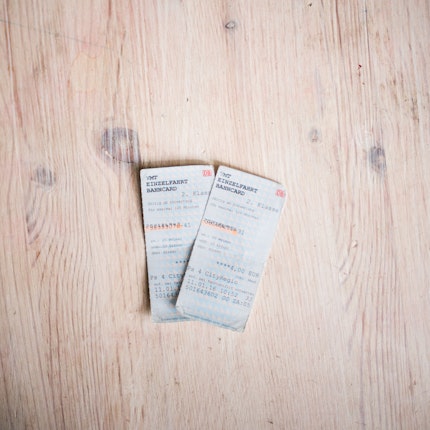Sex Workers’ Untold Stories
By Erin Greenberg
Throughout the world, sex work is stigmatized as taboo, immoral, and dangerous.
Sex workers, meanwhile, are assumed to be victims—of human trafficking, drugs, abuse, and so on. In both cases, these assumptions are factually incorrect; worse still, they fuel policies and norms which not only fail to “protect” sex workers but, by forcing them underground, imperil their safety and health.
Thankfully, Objects of Desire, a new exhibition, based in Berlin and organized by a sex worker collective, is working to challenge—and dismantle—such misconceptions. By highlighting the ways in which sex workers manage relationships with their clients, lovers, families, and neighbors, Objects of Desire shows the complexity that is all too often lost in public debates about sex work.
Objects of Desire is a grantee of the Open Society Foundations.
Erin Greenberg is a communications officer for the Open Society Public Health Program.

![“I had this special customer. We were becoming very close, he was calling me ‘my angel.’ Once, while I was working on a bachelor, I had problems sleeping. He gave me a bottle of liquid called ‘dream water’ to help me sleep. The last time we met he got a coughing attack and didn’t feel well. The next day, he had a heart attack and died. It really struck me because we had a really beautiful connection. I visited his grave twice and it’s been quite hard sometimes. I’m sharing the dream water as an item to [memorialize] him.” Photo credit: Objects of Desire A bottle of Dream Water on a table](https://opensocietyfoundations.imgix.net/uploads//2-objects-desire-dream-water-2000.jpg?auto=compress%2Cformat&fit=min&fm=jpg&h=430&q=80&rect=0%2C0%2C2000%2C2000)
